There are many variations of the story and every country has added a few details according to its culture.
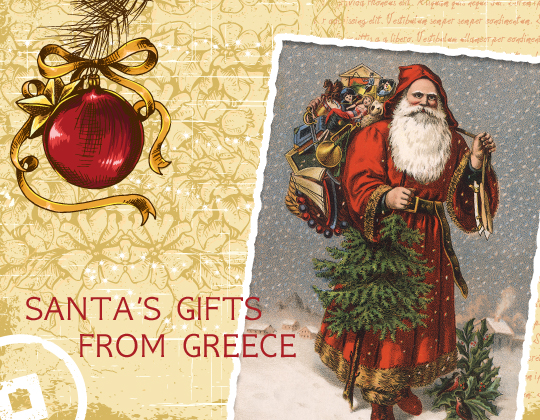
But who is the real Santa and what are his gifts to you?
The original version of the modern Santa Claus was St. Nicholas of the Greco-Roman city of Myra, the youngest man to ever become a priest. Around 300 AD if a family couldn’t afford a dowry for its daughter to be wed, the daughter would be sold into slavery or be slaughtered. St. Nicholas has dedicated his life in helping the poor and needy so he stepped forward to put an end to the girls’ misery. He went the night before each girl’s birthday and threw a bag of gold down the chimney to ensure that she will properly be wed.
One night a girl had washed her stockings over the embers to dry. The bag hit the wall and gold coins fell into one of her stockings and that’s where this custom comes from. St. Nicholas later became a bishop, grew a beard and wore a dramatic red robe while also helped to form the Council of Nicaea. Later he passed through the Netherlands where he was known as Sinterklaas and finally became a patron saint of Russia, of the far North where he was often in the companion of reindeers and wolfs.
That is the true story behind the myth of Santa Claus. So, since Santa originated from Greece what presents do you think he would offer to the world from his country of origin?
An Olive branch from Crete as a symbol of peace
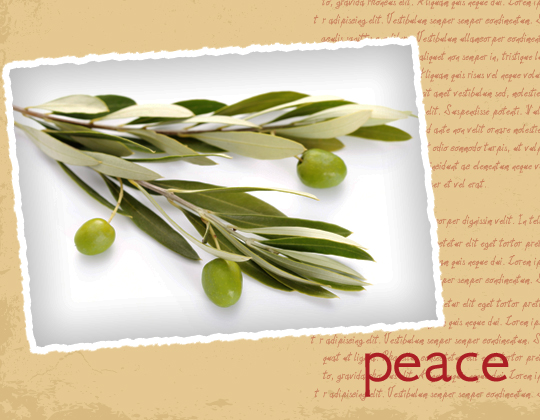
Mastic drops from Chios for the sake of good health
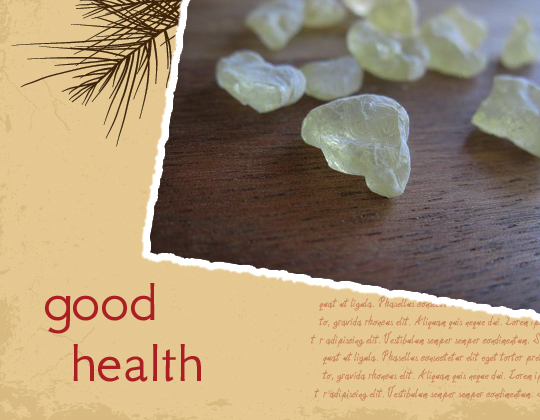
Santorinian wine for love and affection

Pomegrante from Argolida to bring you lots of good luck and prosperity
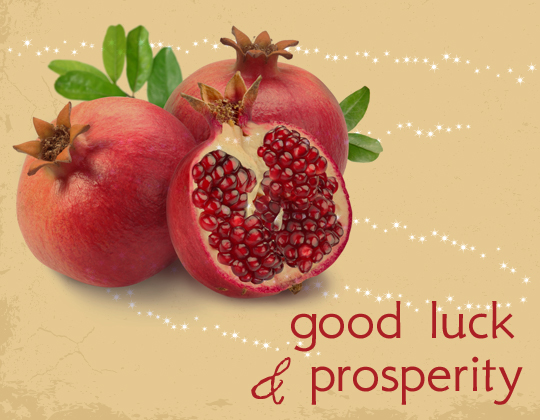
Honey from Kythira, the ancient symbol of knowledge, learning and wisdom
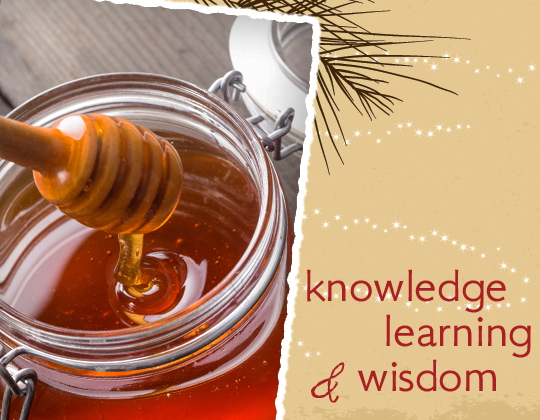
Apples from Pelion as a reminder to avoid temptation

Grapes from the Holy Mountain of Halkidiki for a real hope of redemption
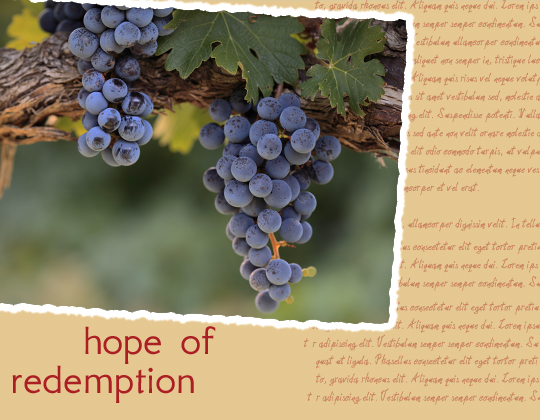
Pistachios from Aegina to enhance the generosity of spirit
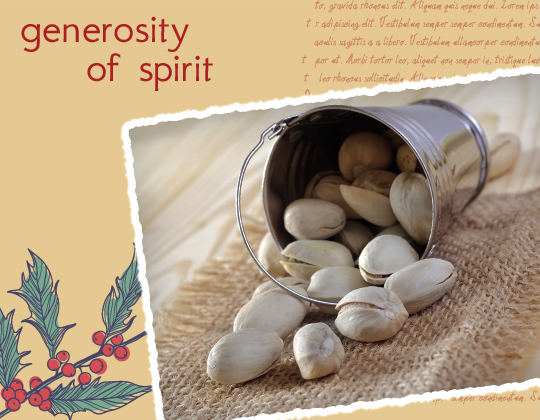
A grain of the gleaming sand, a drop of the summer breeze and a slice of the scarlet sunset of the…Cyclades to cross through the threshold of 2013 with the breath of unrivalled Greek summer.
…3…2…1
Happy New Horizons!

